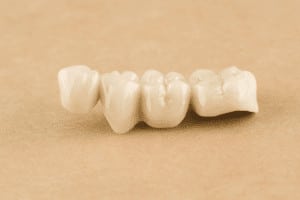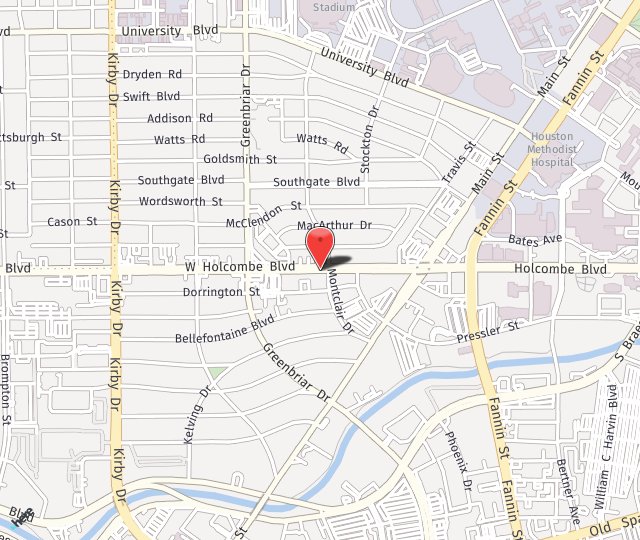
When a tooth is missing, a dental bridge may fill the gap by anchoring a pontic (false tooth) between two healthy teeth on each side of the gap. This setup keeps your teeth from shifting when you chew or talk and distributes your biting force more evenly.
Four common types of dental bridges are cantilever, Maryland, implant-supported, and the traditional fixed bridge. Learn more about these below.
Types of Dental Bridges
Traditional Bridges
The most common type of dental bridges are traditional fixed bridges, which are often constructed of porcelain fused with metal or ceramics. When there are teeth on each side of a gap that are strong and healthy enough to support a bridge, this option may be utilized to replace the lost tooth or teeth.
Cantilever Bridges
When just one adjacent tooth to the gap is healthy enough to receive a crown, a cantilever bridge is used to replace the missing tooth. When there are no healthy teeth on either side of the gap and a traditional bridge won’t work, a cantilever bridge may also be another option.
A cantilever bridge is one in which the pontic extends out from the supporting natural teeth. Therefore, it needs to be strategically placed by an expert hand so that the supporting teeth are not compromised.
Maryland (Resin-Bonded Bridges)
For missing front teeth, dentists often suggest resin-bonded bridges, also known as Maryland bridges. In this method, the pontic is attached behind adjacent natural teeth using metal or porcelain bands.
Since the teeth on each side of the gap don’t need to be altered or have crowns placed, the Maryland bridge is a more conservative option than a traditional fixed bridge.
Implant Supported Bridges
Implant-supported bridges are quite similar to traditional dental bridges, with the primary difference being that rather than being supported by the patient’s natural teeth, the bridges are supported by dental implants. When many teeth are missing or when there is a greater risk of exerting too much force on individual implants, these bridges may be the best option.
Talk to an Experienced Dentist About Dental Bridges in Houston, TX
Dr. Ronald Konig at the Konig Center for Cosmetic & Comprehensive Dentistry has a wealth of expertise in restoring teeth and improving bites with dental bridges. Dr. Konig can help you determine the best type of dental bridge for your needs as well as explore other alternatives for treatment.
To schedule an appointment, call (713) 668-2289 today.

